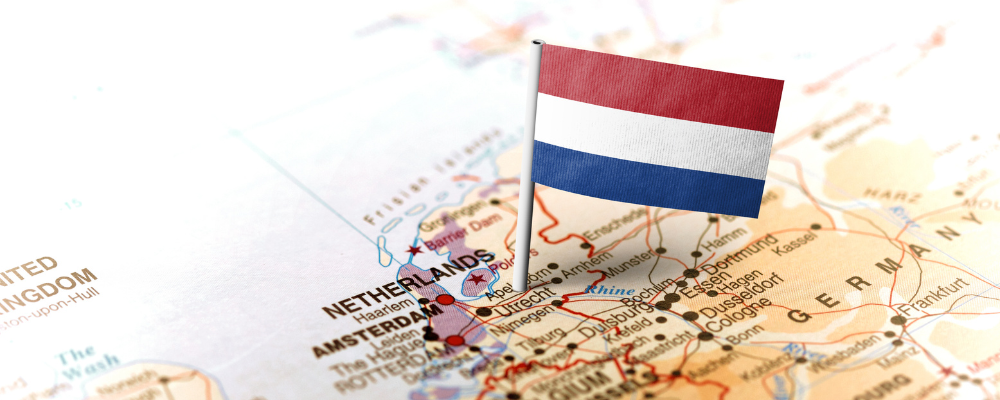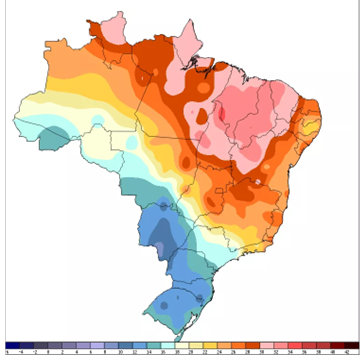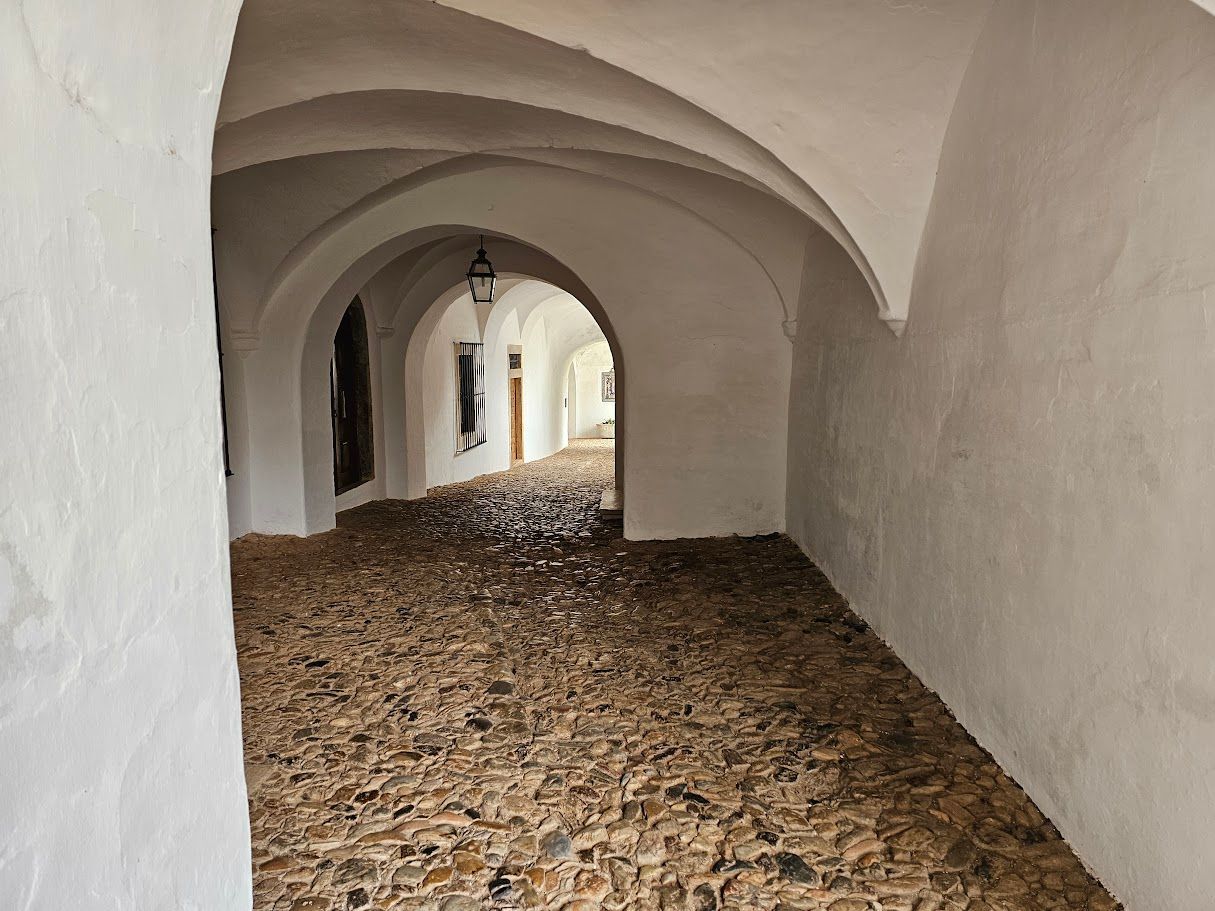Irregular migrant workers caught in a bind due to the coronavirus crisis.
[Workshop]
"There are probably thousands of people working illegally in our country as cleaners, hairdressers, childminders, or in the hospitality industry. They are now the first to lose their jobs, and thus their income, in the crisis. Returning to their country of origin is often their only option now."
In the Netherlands, thousands of illegal migrant workers - who arrived here on tourist visas and stayed for work - are part of an informal economy that has been tolerated by the Netherlands for years. However, due to the coronavirus crisis, they are facing problems and are leaving out of necessity.

"In the Netherlands, we try to arrange everything," says Adwin van Dijke of the Company of Friends Foundation. With tax measures, support for freelancers, and bridging measures.
Irregular migrant workers have not paid these premiums and taxes because they do not have a residence permit. Their income stops, so they cannot afford the rent, often also illegal. "What we notice is that we receive many calls from people in panic. What now? I can't pay the rent, but I have two children."
Chosen themselves?
Van Dijke can imagine that people think they have chosen illegal work, so it's not surprising that they are not entitled to anything. "These people have come here and been tolerated. We knew that many people were not legal; perhaps it is normal to help these people return."
"We know that people in nail salons and cleaners in houses are not all legal. We have all accepted and tolerated that." This group is now mostly returning to their country of origin, in many cases Brazil. Less space for an informal economy. The coronavirus crisis is changing the economy, including the informal sector. "Perhaps there is less space for these people." Not only the economy, but everything will also be different. If, for example, apps are used in the fight against the virus, this group is left out. "That's still 10,000 people. These people are a greater risk than someone legal. I think it's good to mention that, without pointing fingers that they are wrong."
Many of them are now reporting to the Dutch government, which pays for their ticket back to their country of origin. Company of Friends works together with the International Organization for Migration (IOM), which provides them with some money to continue their journey after returning.
'Give the right info'
Van Dijke calls on the government to take this group seriously and to delve into it. "Give these people the right information." He notices that stories are circulating about Portugal where illegal immigrants would receive a residence permit, so some now expect that in the Netherlands too. "People hold on to very small things. Be clear."












